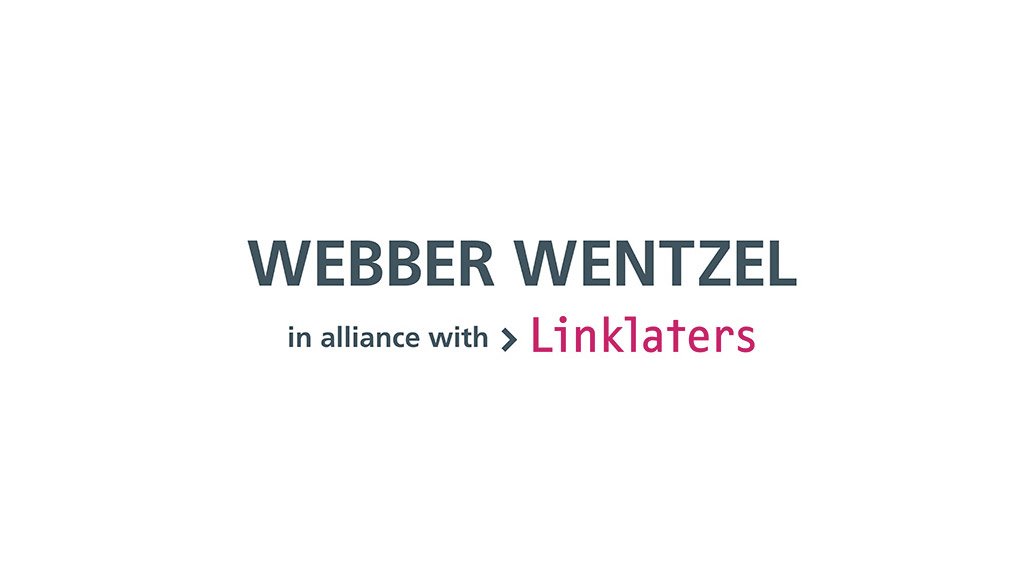Can shareholders block a business rescue practitioner’s plan to issue shares in the company as part of the business rescue plan, thereby diluting the shareholding of any class of shareholders?
For a business rescue (BR) plan to be at least preliminarily adopted, it must be approved by more than 75% of the creditor voting interest that voted. Of that 75%, at least 50% must be independent creditors.
Before it is voted upon, the business rescue practitioner (BRP) must introduce the proposed plan for consideration by the creditors and, if applicable, by the shareholders. Unless the plan alters the rights of any class of holders of the company’s securities (shareholders), it will not require approval from shareholders, and the creditors alone will be able to push it through.
If the plan does alter the rights of any class of shareholders, that class must consider and vote on the plan before it is implemented, at a meeting duly convened by the BRP. The plan will be approved by the respective shareholders with a majority of the voting rights exercised.
In practice, BR plans seldom require shareholder endorsement because they rarely alter the rights of any class of shareholders. The reason is that BRPs often sell off company assets to rescue the company, which does not typically alter shareholder rights.
When do shareholders actually have a say in a business rescue?
A scenario that alters shareholder rights is a dilution of the existing shareholding through an increase in the company’s authorised share capital. This often occurs when the new investor/post-commencement financier wants to step in as a shareholder, not as a lender.
Issuing of shares
If the BRP seeks to issue authorised but unissued shares, they may do so without the permission of the board of directors or the existing shareholders of the company, subject to the BR plan being adopted by the creditors in the ordinary course.
However, if there are no unissued shares, the BRP would first need to increase the authorised share capital in the company, which in turn will require approval from the majority of the class of shareholders whose rights are altered by the increase in share capital (i.e., respective shareholder approval on the plan is required).
If the shareholders reject the plan, the BRP's only recourse is either to seek a vote of approval from the relevant class of shareholders to prepare and publish a revised plan, or to advise the relevant class of shareholders that the company will apply to a court to set aside the result of the vote by that class of shareholders, on the grounds that it was inappropriate.
What about the Memorandum of Incorporation (MOI)?
In the event that the company’s MOI requires shareholder approval for the disposal of all or the greater part of its assets, but the proposed BR plan does not per se alter shareholder voting rights, does the MOI supersede and nonetheless require approval from the shareholders? In other words, can shareholders stop a BRP from selling off company assets, even if their rights are not altered?
Sections 112 and 115 of the Companies Act 71 of 2008 generally empower shareholders to pass a special resolution for the disposal of all or the greater part of a company’s assets.
This power is often mirrored in MOIs.
However, section 112(1)(a) of the Companies Act explicitly mandates that sections 112 and 115 approvals does not apply if the disposal would constitute a transaction pursuant to or contemplated in a BR plan, adopted in accordance with the provisions that govern a BR.
This means that, despite the terms of the MOI, shareholders only have voting rights on the disposal of all or the greater part of assets under a BR when the disposal contained in the BR plan alters the rights of any class of shareholders. In practice, the sale of company assets rarely, if ever, alters shareholder rights.
Now what?
Unfortunately, shareholders do not have much of a say in most BRs. However, it is still important for shareholders to seek legal advice to ensure that their limited rights are not only considered, but also upheld.
Written by Julian Jones, Partner & Caellyn Eedes, Associate from Webber Wentzel
EMAIL THIS ARTICLE SAVE THIS ARTICLE
To subscribe email subscriptions@creamermedia.co.za or click here
To advertise email advertising@creamermedia.co.za or click here











